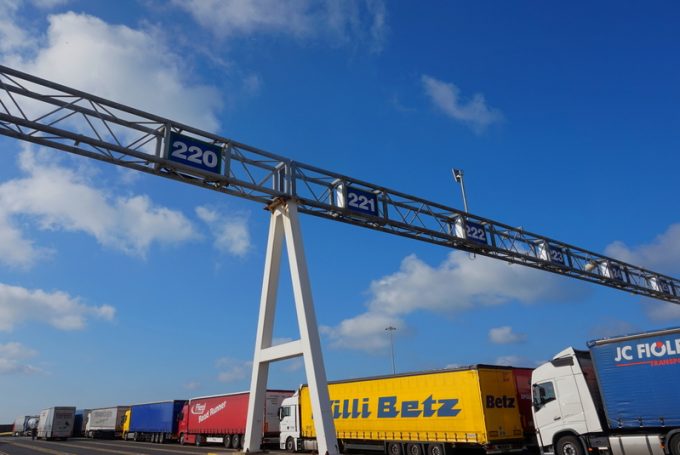UK-EU trade 'reset' could be on the cards if France uses its 'clout'
A bilateral agreement between the UK and France could offer Britain its best opportunity for ...

Europe’s ’no-deal’ contingency planning has extended a lifeline to anxious hauliers of a six-month delay on the need for driver permits, in exchange for UK reciprocity.
The olive branch comes just a day after Europe allocated 1,600 European Conference of Ministers of Transport driver permits (ECMT) to the UK, leaving more than 8,000 truckers uncertain how they would move goods around a post-Brexit EU.
MD of policy and public affairs at the Road Haulage Association (RHA) Rod McKenzie welcomed the announcement.
He said: ...
Amazon pushes into LTL for small package fulfilment and UPS does a u-turn
New senior management for DSV as it readies for DB Schenker takeover
Volumes set to 'fall off a cliff' as US firms hit the brakes on sourcing and bookings
Asian exporters scramble for ships and boxes to beat 90-day tariff pause
Temporary tariff relief brings on early transpacific peak season
'Tariff madness' will prompt renegotiation of ocean shipping contracts
Forwarders 'allowing the fox into the chicken run' by supporting 'hungry' carriers
Response to tariffs by Chinese importers may see extra costs for US shippers

Comment on this article